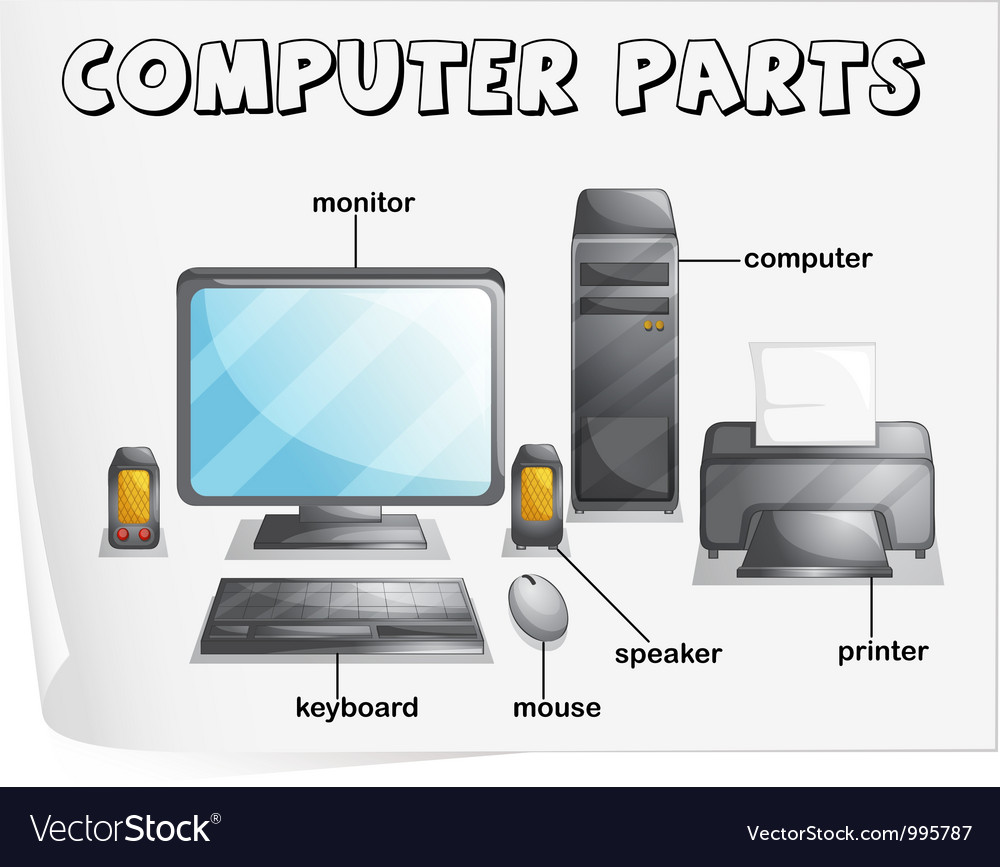In this technology-driven world, the need for computer components is constantly rising, yet numerous us are constrained by budget limitations. Fortunately, excess computer parts offer a practical solution to this dilemma, providing an opportunity to build or upgrade systems at a small percentage of the retail cost. With a little knowledge and the right approach, you can explore the vast marketplace of surplus components to uncover incredible deals that meet your requirements.
From video cards and processors to motherboards and power supplies, the variety of surplus computer parts available can be daunting. However, understanding what to search for and how to judge quality can enable you to make intelligent purchases that enhance your computing experience. This guide is designed to help you discover the benefit of surplus computer parts, offering insights on everything from identifying genuine components to checking the functionality of used items. Whether you are a experienced builder or just starting, knowing how to profit from surplus parts can turn your tech goals into a tangible outcome.

The Complete Guide to Acquiring Excess Computer Parts
Acquiring excess computer parts can be a fantastic way to save money while improving your system's performance. However, https://k12.instructure.com/eportfolios/999107/entries/3607090 requires careful thought and expertise to ensure you reach the most suitable possible choices. Understanding what surplus parts are available and what to look for can make the distinction between a fantastic deal and a costly mistake. Start by familiarizing yourself with the types of surplus components on the market, which include motherboards, central processing units, graphics cards, and a range of peripherals.
When searching for surplus parts, it's crucial to evaluate the seller's credibility and the product's quality. Look for reputable vendors who specialize in surplus electronics, as they are more likely to provide high-quality components. Check for return policies and warranties offered, as these can provide peace of mind in case the parts do not meet your expectations. Additionally, it is beneficial to check out reviews or look for recommendations from the community to identify reliable sources for your purchases.
In conclusion, once you have identified a possible purchase, learn how to assess the quality of the part itself. This includes inspecting physical damage, testing functionality if able, and verifying compatibility with your existing system. By following these recommendations, you can navigate the surplus market confidently, ensuring that you make informed acquisitions that bring tangible value to your technology setup.
How to Identify Top-Notch Extra Components
While searching for top-notch excess electronic components, it is crucial to start with a dependable source. Well-known suppliers, reputable online marketplaces, and nearby computer shops frequently provide superior quality controls than obscure sellers. Always review the seller's scores, testimonials, and return guidelines, as these can give insights into their reliability. Prefer suppliers who focus in extra electronics, as they often have a curated selection of components that meet particular standards.
Next, analyze the condition of the components thoroughly. Look for physical signs of wear, corrosion, or damage, which can indicate that the parts have been poorly maintained or stored. For computer surplus store like motherboards or graphics cards, ensure that the solder joints are secure and that there are no bulging capacitors. If possible, ask for detailed photos from multiple angles to inspect the items thoroughly before making a purchase.
In conclusion, verify the specifications and compatibility of the components. Premium surplus parts should meet or surpass the standards necessary for your intended use use. Check model numbers and performance ratings against official manufacturer specifications. Additionally, consider inquiring the seller for any testing results or warranties, as reputable sellers will frequently stand by the quality of their surplus inventory and provide guarantees of functionality.
Are Surplus PC Parts Valuable?
Surplus computer parts can provide substantial value to customers and assemblers alike, particularly for those on a tight budget. These components are often sold at a fraction of their original retail price, making it to create or upgrade systems while avoiding overspending. Additionally, many surplus parts still have a decent lifespan and performance potential, particularly when sourced from trustworthy sellers. This makes them an interesting option for gamers, do-it-yourselfers, and businesses wanting to maximize their technology investments.
However, not surplus parts are created equal, and it is crucial to exercise caution. Although there are fantastic bargains to be had, there is also the risk of purchasing components that are of low quality or have hidden defects. Understanding how to assess the state and authenticity of surplus parts can help lessen these risks. Buyers should look for trustworthy vendors, examine return policies, and favor components that come with some form of warranty to make sure they are doing wise investments.
Ultimately, buying surplus computer parts can be a savvy financial decision if approached correctly. By doing extensive research, understanding what to look for, and being able to differentiate between top-notch components and potential duds, buyers can successfully enhance their digital experience without the hefty price tag. The key is to weigh the potential savings with the understanding of risks involved in buying surplus technology.
